
Development of technology for criticality control in fuel debris retrieval: Development of “critical approach monitoring method” using Kyoto University Critical Assembly (KUCA) (June 21, 2017)
Jun.21,2017
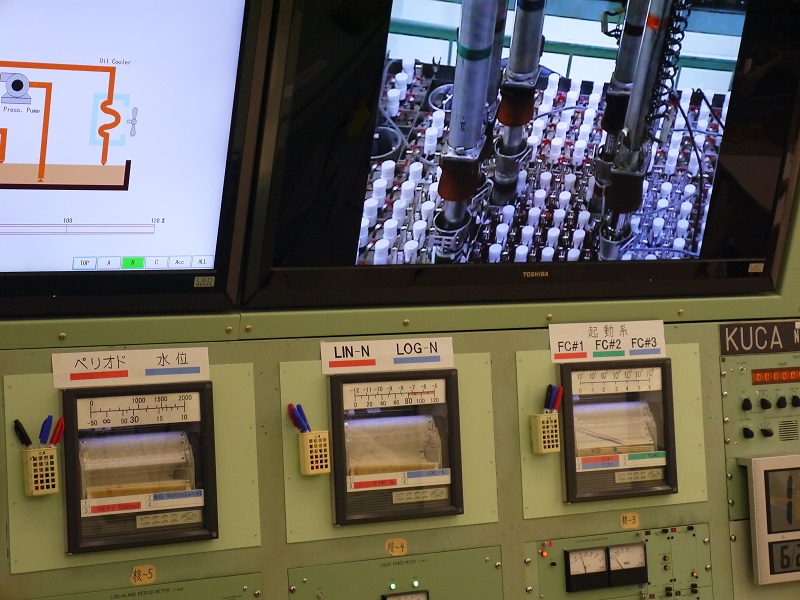
It is confirmed through the monitoring system that fuel debris is not currently in a critical state. Since the shape of fuel debris and water level may change during fuel debris retrieval in the future, the possibility of criticality configuration is considered to be very small. However, we are promoting development of sub-criticality monitoring technology and criticality prevention technology to ensure prevention of criticality, and also safely terminate criticality, even if it occurs.
As a part of various research and development, testing (basic test) has begun to demonstrate the principle of the method to estimate sub-criticality states using Kyoto University Critical Assembly (KUCA) that can actually simulate reactor core systems with different sub-criticality levels.
[Test specification using KUCA]
KUCA can configure the reactor core with different criticality states in combination of fuel assemblies and moderator (use of polyethylene, etc.) that is intended to moderate neutron. In the Fukushima Daiichi nuclear reactor, fuel debris is considered to constitute of molten fuel and various molten materials, which are assumed to configure with different sub-criticality levels. Therefore, in order to simulate various conditions of fuel debris, KUCA configures the reactor core with different criticality levels in proportion of various fuel assemblies and moderator. Verification tests to estimate sub-criticality states using neutron signal was conducted by the method under development.
Additionally, verification tests include evaluating neutron absorption capability for soluble / non-soluble neutron absorbing material.
[Reference data]
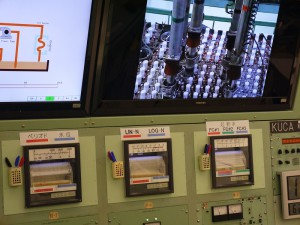 |
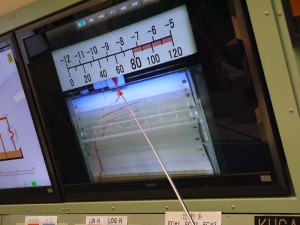 |
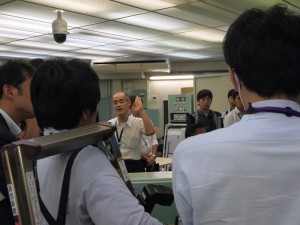 |
| Preparation for KUCA restart |
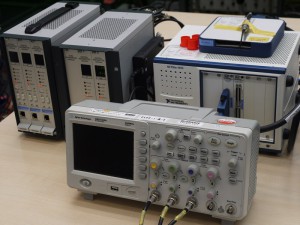 |
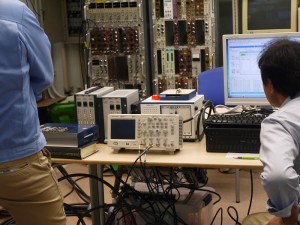 |
| Neutron measurement circuit |
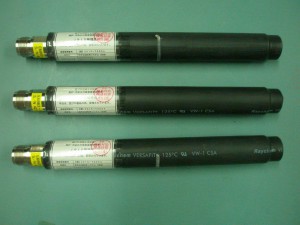 |
| Neutron detector |
[Figure of KUCA reactor test]
https://irid.or.jp/wp-content/uploads/2017/06/20170626.pdf 
Inquiries regarding this topic may be directed to IRID viaE-mail








